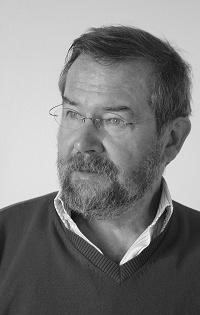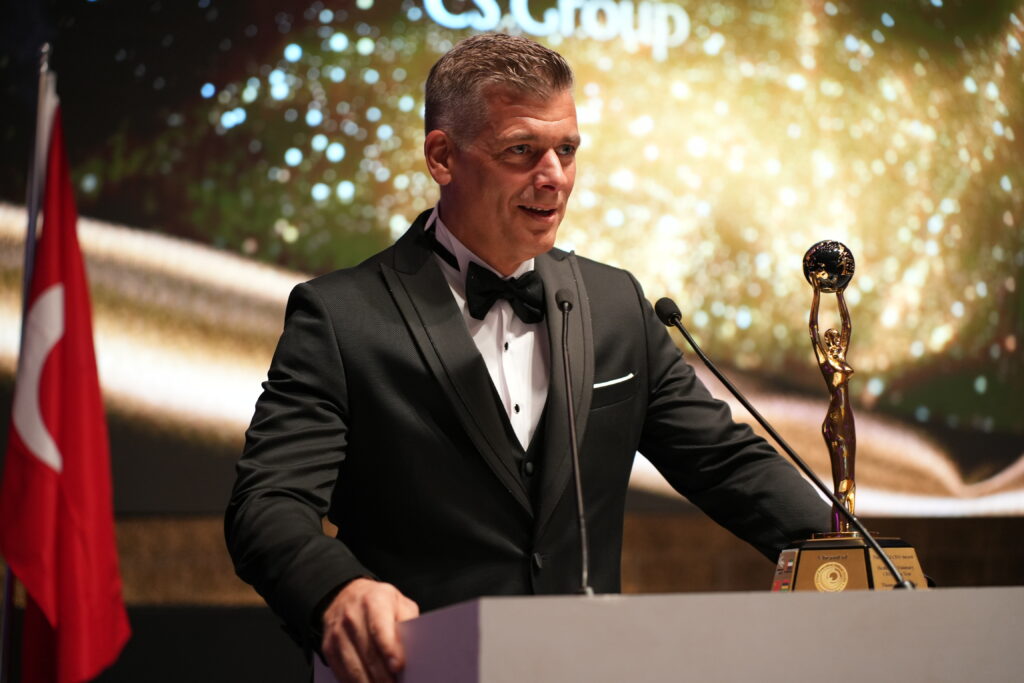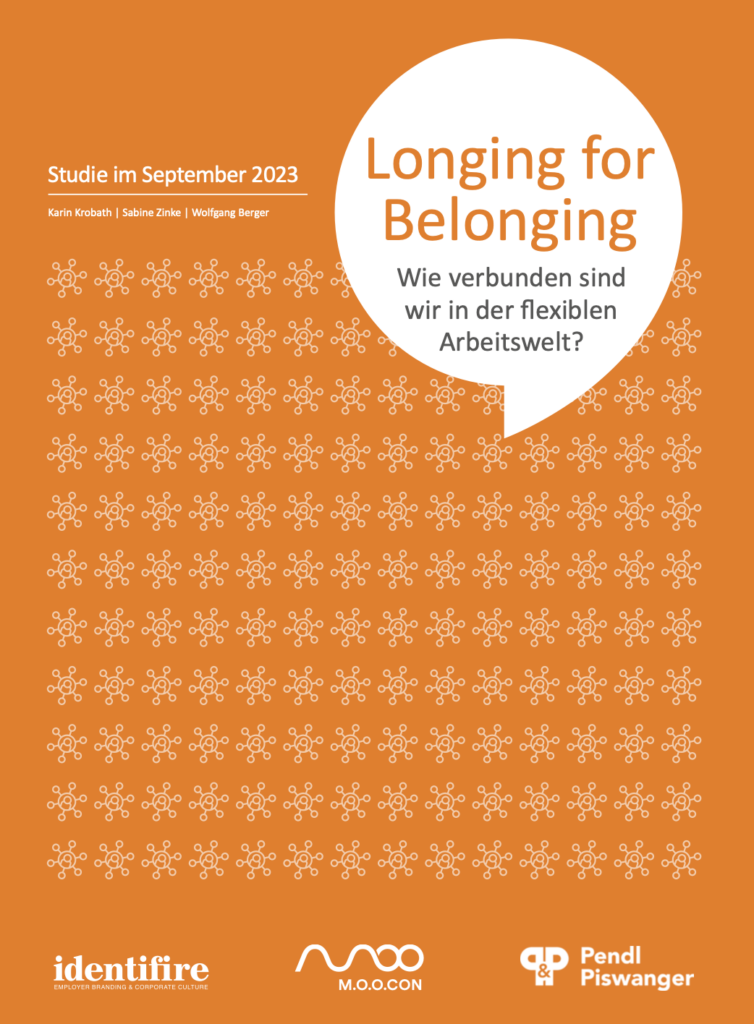Spoofing and Jamming: Detection and Defense
Spoofing and Jamming: Detection and Defense Read More »

Nachdem Ing. Helmut Windhager hauptberuflich im Führungsmanagement der ÖBB Infrastruktur für pünktliche Züge sorgte, richtet er nunmehr Teleskope auf Millionen Jahre verspätete Sterne aus – und zwar als Leiter der Arbeitsgruppe Astronomie am Haus der Natur in Salzburg.
Als treibende Kraft hinter der VEGA-Sternwarte auf dem Haunsberg – wo das drittgrößte Teleskop Österreichs installiert ist – beweist er: Wer hoch hinaus will, braucht Visionen und Durchhaltevermögen! Seine Fähigkeit, Menschen für Astronomie zu begeistern, hat ihm 2018 den Polarsternpreis des Österreichischen Weltraum Forums (ÖWF) eingebracht.
Als Anchorman for Astronomy, Moderator und Speaker teilt er seine Impulse mit dem European Media & Content Pool (EMCP) – vom gesamten Kosmos (oder gar Multiversen) bis hin zu den kleinsten Elementarteilchen.
Dipl.-Ing. (FH) Petra Königer ist seit 2006 als Unternehmerin tätig. Zuvor sammelte sie umfangreiche Berufserfahrung in verschiedenen Positionen: Sie war als Assistentin der Geschäftsleitung bei einer Beteiligungsgesellschaft beschäftigt und ist derzeit in leitender Funktion in einem Planungsbüro, wo sie als Bauingenieurin tätig ist.
Ihre akademische Ausbildung umfasst ein Studium des Maschinenbaus an der Technischen Universität Braunschweig sowie des Bauingenieurwesens an der Fachhochschule Hildesheim, das sie als Diplom-Ingenieurin (FH) abschloss. Nach dem Abitur absolvierte sie zunächst eine Ausbildung zur Bauzeichnerin mit Schwerpunkt Hochbau.
Im Bereich der Medien ist sie “Self-Made-Woman”. Sie bringt mehrere Jahrzehnte Erfahrung in Kameraführung, Schnitt und Dramaturgie in das Team ein und führt nebst technischer Seite auch Interviews.
Als IconMotions Connaisseur im European Media & Content Pool (EMCP) vereint Peter Pöschl seine Leidenschaft für historischen Motorsport mit fundierter Fachkenntnis über klassische Rennfahrzeuge. Diese Rolle erlaubt es ihm, seine langjährige Erfahrung im Bereich Motorsport mit historischen Rennfahrzeugen gezielt in die Bewertung, Dokumentation und mediale Aufbereitung faszinierender Fahrzeuge einzubringen und sein tiefes Verständnis und Gespür für die kulturelle und technische Bedeutung klassischer Rennfahrzeuge beizutragen.
Geboren und aufgewachsen in der Steiermark, unweit des ehemaligen Österreich-Rings, wurde Peter Pöschl die Begeisterung für den Motorsport praktisch in die Wiege gelegt. Seine Eltern, selbst motorsportverrückt, steckten ihn früh mit ihrer Leidenschaft an – ganz gleich, ob auf zwei oder vier Rädern!
DI Dr. Norbert Frischauf ist Anchorman für Wissenschaft, Technologie und Innovation im European Media & Content Pool (EMCP). Er schlägt als Wissenschaftskommunikator die Brücke zwischen Forschung, Wirtschaft und Gesellschaft. Mit seiner Erfahrung und einem Augenzwinkern bringt er technologische Zukunftsthemen einem breiten Publikum näher – er ist ein begehrter Speaker im Fernsehen, bei Fachkonferenzen oder in Bildungsformaten. Er versteht es mit Gespür, komplexe wissenschaftliche Themen verständlich und spannend zu vermitteln.
Norbert Frischauf ist regelmäßig als Experte in Medien präsent und ist Mitglied mehrerer Fachgremien. Seine Arbeit verbindet wissenschaftliche Tiefe mit gesellschaftlicher Relevanz – immer mit dem Ziel, Neugier zu wecken und den Fortschritt verständlich zu machen.
Norbert ist Hochenergie-Physiker, Raumfahrtsystemingenieur und Unternehmer. Internationale Bekanntheit erlangte er durch seine langjährige Tätigkeit in der Weltraumforschung, unter anderem beim europäischen Raumfahrtzentrum ESTEC, der ESA und am CERN, wo er an Großprojekten wie dem LHC mitwirkte.
Neben seiner Expertise in Hochtechnologie und Raumfahrt engagiert sich Norbert Frischauf u.a. auch in der Strategieberatung für die Industrie. In seiner Freizeit sucht er den Weitblick nicht nur im Denken, sondern auch in der Luft und auf hoher See – als leidenschaftlicher Kunstflieger, Hochseesegler und Kometenjäger.
Mag. Sophie von Bohlen und Halbach bringt jahrzehntelange Erfahrung aus Medien, Kommunikation und Projektmanagement mit. Bei der EMCP Management & Marketing FlexCo. ist sie in zentraler Position tätig und verantwortet die Projektleitung und -steuerung, insbesondere für die Film- und Multimediaproduktion und -distribution „VICEM Mediasolutions“. Mit einem geschulten Blick für Details und einem ausgeprägten Organisationstalent leitet sie komplexe Projekte – von der Konzeption über die Durchführung bis hin zur Nachbereitung. Sophie ist eine zentrale Schnittstelle zwischen Geschäftsführung, Kollegen und Partnern und sorgt für reibungslose Abläufe im Office Management ebenso wie bei Events, Filmproduktionen oder wissenschaftlichen Projekten. Ihre akademische Ausbildung in Geschichte und Betriebswirtschaft sowie ihre umfassende Berufserfahrung machen sie zu einer unverzichtbaren Kraft im Team.
BA Johannes Zapotocky engagiert sich seit vielen Jahren leidenschaftlich in der Musikszene – sowohl als aktiver Musiker als auch als Arrangeur, Komponist und Organisator vielfältiger musikalischer Projekte. Die Verbindung von künstlerischer Gestaltung und strukturierter Umsetzung zieht sich wie ein roter Faden durch sein berufliches wie privates Schaffen.
Diese Erfahrung bringt er auch in seine Tätigkeit beim European Media & Content Pool (EMCP) ein. In seiner Funktion als Chefredakteur übernimmt Johannes Zapotocky dabei weit mehr als nur redaktionelle Aufgaben – durch die enge Verzahnung von kaufmännischer Verantwortung und redaktioneller Leitung nimmt er im EMCP gewissermaßen die Rolle eines Intendanten ein: Die inhaltliche Planung, konzeptionelle Entwicklung und technische Umsetzung von Film- und Multimediaprojekten liegen ebenso in seinem Aufgabenbereich wie die Betreuung und strategische Weiterentwicklung des digitalen Distributionsportals EMCP VERTEX-TV. Er fungiert somit als Schnittstelle zwischen kreativer Gestaltung, technischer Umsetzung und wirtschaftlicher Planung.
Sein beruflicher Werdegang ist geprägt von einem tiefen Verständnis für Musik und Medien: über zehn Jahre war der studierte Musikwissenschaftler (Historische Musikwissenschaft in Hamburg) als Musikredakteur (die Unterscheidung zum “normalen” Redakteur ist hier durchaus wichtig) beim größten privaten Klassik-Radiosender Deutschlands tätig. Dort verantwortete er unter anderem die musikalische 24/7-Programmgestaltung, führte Künstlerinterviews, verfasste zahlreiche redaktionelle Beiträge und bewegte sich bereits hier im Spannungsfeld zwischen Kultur, Kommunikation und Medienproduktion.
Musik und Kultur sind für DI Dr. Stefan Zapotocky nicht nur persönliche Leidenschaften, sondern Ausdruck einer Haltung: Als begeisterter Organist lebt er seine Liebe zur Musik aktiv aus – ein Engagement, das ihn als vielseitigen Kulturbotschafter ebenso auszeichnet wie seine Impulse für gesellschaftlichen Wandel und kreative Zukunftsideen.
Diese Haltung bringt er auch im Präsidium des European Media & Content Pool (EMCP) ein, wo er seine breite Erfahrung aus Wirtschaft, Kommunikation und Kultur in strategischer Rolle einbringt. Darüber hinaus ist er ein gefragter Speaker zu Fragen gesellschaftlicher Verantwortung, Transformation und Innovation.
Stefan Zapotocky steht für eine offene, vernetzte Denkweise und verkörpert den Brückenschlag zwischen Wirtschaft, Kultur und zukunftsgerichtetem Denken – als Impulsgeber, Netzwerker und engagierter Mensch.
Geboren am 3. Dezember 1952 in Wien, studierte er Wirtschaftsmathematik und prägte danach über Jahrzehnte die österreichische Finanzwelt – unter anderem als Vorstand der Wiener Börse, wo er maßgeblich zur Modernisierung des Kapitalmarktes beitrug. Heute verbindet er wirtschaftliches Know-how mit kulturellem Engagement – und lebt so vor, wie gesellschaftliche Verantwortung konkret aussehen kann.
Seine geschäftliche Laufbahn: Wer sich auf Nischen konzentriert, bereichert.
Seit 1979 ist Mag. Franz Königer unternehmerisch tätig – quer durch unterschiedliche Branchen und stets auf der Suche nach Synergien. Bereits während seines Studiums der Germanistik und Musik gründete er ein Orchester, war international tätig auf Festivals, organisierte Konzertreihen, war als freiberuflicher Dirigent tätig, produzierte und veröffentlichte Audioaufnahmen.
Parallel dazu folgten weiterführende Studien in Betriebs- und Volkswirtschaft, ergänzt durch juristische Kurse – ein interdisziplinärer Zugang, der bis heute sein Denken prägt: Wirtschaftlich fundiert, rechtlich reflektiert und getragen von kultureller Tiefe.
Mag. Königer bleibt dabei selbst stets neugierig. Heute ist die Filmkamera eines seiner Werkzeuge, um Eindrücke und Meinungen zu sammeln. Daraus wiederum entstehen neue Impulse für alle Lebensbereiche – persönliche, wirtschaftliche, gesellschaftliche. Er versteht sich als Brückenbauer: In Foren, Podien und Diskursen bringt er Menschen zusammen, teilt Wissen und schafft Räume für neue Perspektiven und Inspirationen.
So entstehen echte Win-Win-Situationen – für Impulsgeber und Rezipienten gleichermaßen.
Stabile Kooperation mit Praktikern und Experten, mit denen er als Mentor andere auf ihrem unternehmerischen Weg begleitet.





